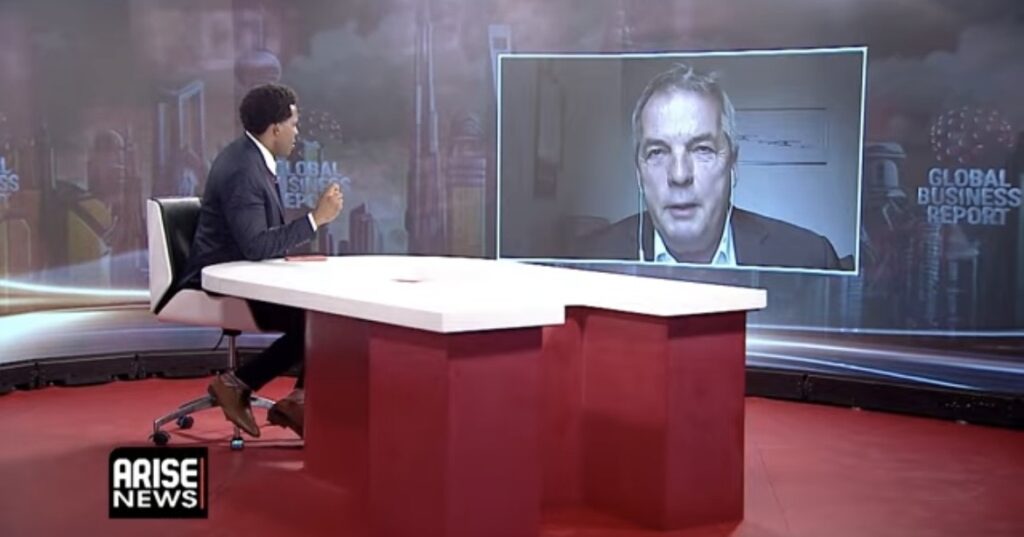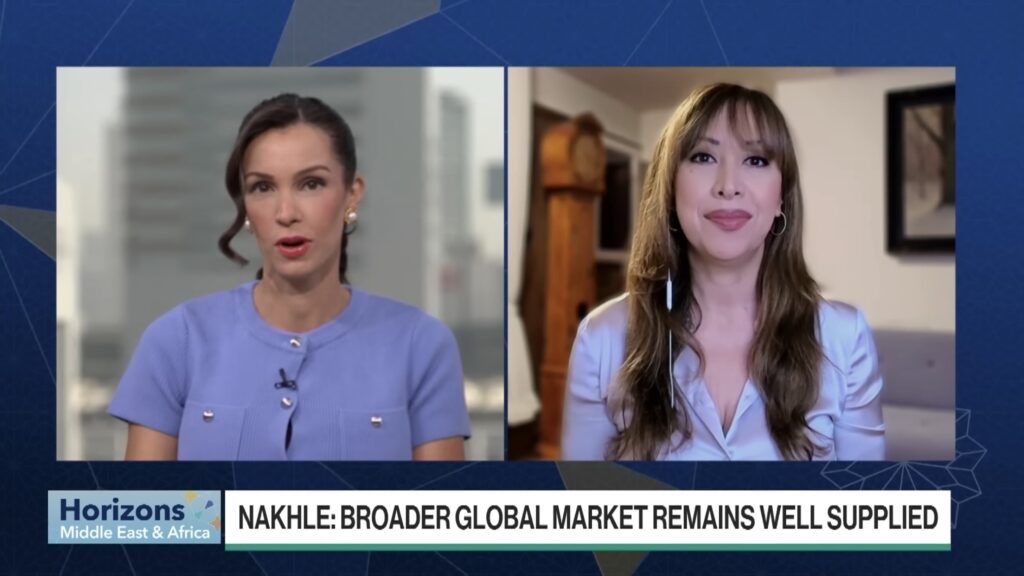Christof Rühl, member of the Advisory Board of Crystol Energy and a Senior Fellow at the Center on Global Energy Policy at Columbia University, discusses the latest global macroeconomic developments and energy markets in this weekly interview to the Gulf Intelligence.
We are in a very volatile phase. We have some problems such as the disruption from the Russia-Ukraine issue and we also don’t know what demand will be. The signs are all pointing to global growth slowing and being less than many had hoped for, not only from China, but now also from the US. The Fed has finally come around and is being forced to react a little bit. The rate of inflation is 7% and while we don’t expect it to disappear very fast, we also don’t expect the market to crash and burn. There’s still too much money which has to be invested somewhere and that’s why the market is coping with all this uncertainty quite well.
Christof explains the way the steep backwardation in oil is expected to impact inventories. Backwardation removes the incentive for inventory. We do have tight markets now, but the outlook for supply and spare capacity and the possibility that geopolitics may calm down could mean some moderation for prices.
He also describes how strong the intersection between oil prices and inflation is. Oil goes directly and indirectly into almost anything we do, and so it lifts prices generally. However, oil price fluctuations tend to be short lived whereas inflation is more of a longer-term problem. That’s why the favored inflation measure of the Fed is not the CPI, which includes everything. Rather, it’s the core CPI, which excludes energy and food prices. Core CPI in the US today is around 4.5% to 5%. Inflation expectations for Europe this week are 5% and core inflation about 2.6%. The oil price alone does not create inflation, but it can accelerate it and make it worse, just as it can help bring inflation down if the oil price drops.
On the outlook for the Ukraine crisis, Christof stresses that uncertainty prevails; however, the fact that they are now talking in so many different political and diplomatic channels is probably good news. Russia is swirling its weight around, bullying a neighbor, probably initially without a clear game plan. The west meanwhile is mustering a response. With the threat of maximum sanctions hanging over it, Russia will try to do something just under the level which would trigger that. Russia wants the Ukraine to be a vassal state. That’s the goal. Russia will try to inflict as much damage on Ukraine as possible without being cut off from the global financial system and energy markets. And the level for what they can do is quite high because that reaction from the US and Europe is pretty far away.
Christof is joined by Maleeha Bengali, Founder, MB Commodity Comer. Sean Evers from Gulf Intelligence moderates the discussion.
Watch the full discussion:
Related analysis
“European gas crunch: Calm before the storm?“, Dr Carole Nakhle, Dec 2021
“Oil markets: What crisis?“, Dr Carole Nakhle, Nov 2021
Related Comments
“Global Economy and Energy Markets Weekly Commentary – 27th Jan ’22“, Dr Carole Nakhle, Jan 2022
“Conflict in Ukraine: Russia will occupy part of Ukraine and the sanctions will be few“, Christof Rühl, Jan 2022
“Why crude oil prices are rising“, Dr Carole Nakhle, Jan 2022
“Did Russia deliberately cause the gas crisis in Europe?“, Dr Carole Nakhle, Jan 2022








